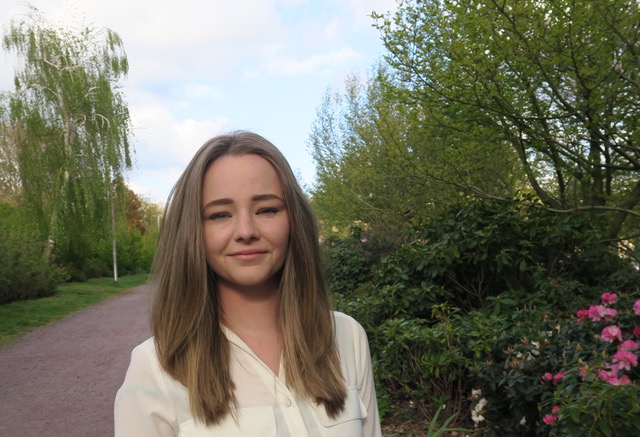As our on- and offline personalities merge closer together, ‘personal branding’ has become more and more of a hot topic. However, while consistency is key when it comes to selling products, it can lead to numerous issues when we force it upon ourselves.
If there were ever a word to describe me, it would be inconsistent. I wake up every morning with an almost entirely new set of wants, wishes and thoughts. As a result, I can never really be certain that what I think about something is what I actually think about it. Sure, I have my core set of principles and values that are unwavering, but for the most part, I am a new person each day, connected by a name and routine. My friend circle is as varied as they come, and my interests are contradictory (My Spotify Wrapped revealed that my most played artists were Nirvana and Taylor Swift, for example).
For years I have been tormented by this lack of uniformity. One reason is that living unknown to yourself makes you feel like a pretty big imposter. Fickle and unreliable are not personality traits one holds in high esteem for themselves. If only I could know everything about myself. If I could just collect each thought, idea and experience I have ever had and then analyse my emotional reactions to them, I could know myself. I can create a kind of mental image of myself, which I can then use as a structure to live in relation to. No more chameleon living; I am a leopard now.
But, of course, my decade-long quest for consistency proved futile. The older I get, the more inconsistent I seem to become. So,what exactly is the point of consistency when it comes to our identities?
What does it mean to be consistent?
Countless articles will tell you that consistency is a crucial habit. For instance, if you want to develop a skill or improve on a project, you need to consistently show up and practice. Others will argue that consistency is crucial for a functioning society; how could we all live together if we could not predict each other’s behaviours? Then, of course, there is the argument that we will not foster deep relationships or have a particularly enriching career if we are not perceived to be reliable.
I completely agree with these statements. However, consistency in action is not the same as consistency in thought. You can show up for your job every day while still leaving space in your mind to question if you want to be there. When we start to examine our lives from a place of uncertainty, each action becomes a choice. This will, inevitably, provoke a certain degree of anxiety, but it could also help us feel more in control.
What does it mean to know yourself?
The standard definition of ‘knowing yourself’ means that you understand yourself fully. It requires self-awareness, which is the capacity to look at yourself objectively. Or, in other words, through the eyes of another. When you type into Google ‘the importance of knowing yourself’, you will find an endless stream of articles arguing that if you work on figuring out who you are, you will find fulfilment. The idea behind this is that if you know who you are, you can make decisions that are better for you, which will lead to more happiness. Hence, if you know who you are, you will be less swayed by other people’s ideas of you.
However, human beings are ever-evolving creatures, highly interconnected to their environment. If we were to decide that we know for certain who we are, we reduce ourselves to nothing more than a cardboard cut-out of ourselves. We do precisely the opposite of what those articles claim because we reduce ourselves to other people’s images of us, which, being born of another’s mind, will favour predictability and minimise agency.
Okay, so what do you propose?
I think it is important to think about who we are, what we want and how we are perceived. However, at its core, I think self-awareness involves practising the art of being okay with surprising yourself. It means tuning into your emotional responses to experiences and ideas, which will most likely change daily. On some days, it might even be every hour.
When we free ourselves from the idea that we must be who we think we should be, we can examine our lives from a place of curiosity rather than certainty. In other words, when we accept how unknown we are (and will always be) to ourselves, we finally gain insight into the patterns of behaviour – however contradictory they may seem – that make us who we are.
Written by Molly Fitz
